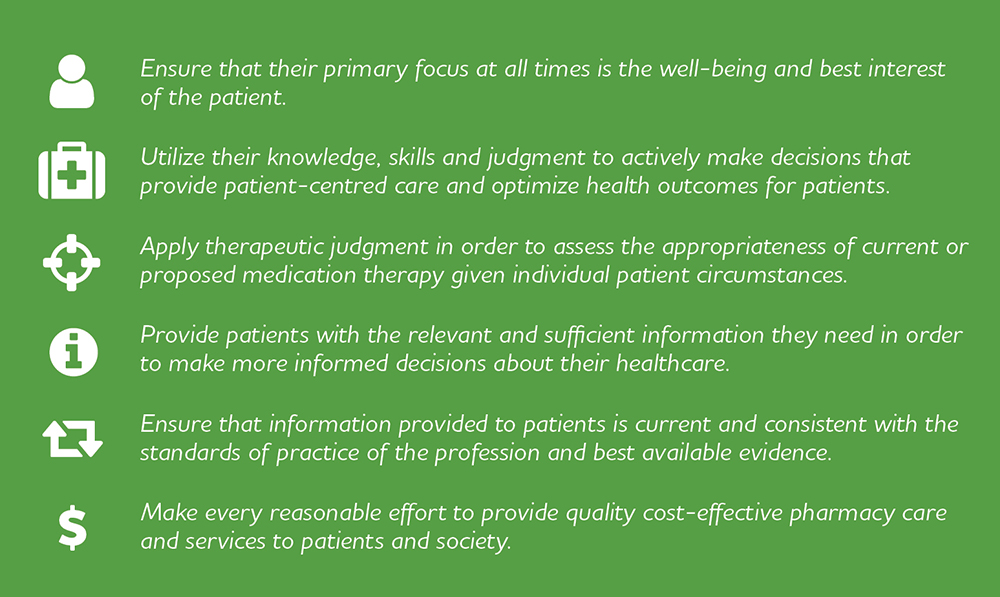
The actions of the healthcare provider are designed to bring about a positive outcome. The beneficent practitioner provides care that is in the best interest of the patient. Case managers may need to advocate for emancipated minors in healthcare issues. Healthcare professionals need to be familiar with these legal issues in advocating for patients who fall within the emancipation category. What makes someone an emancipated minor includes being under the age of 18 and legally married, financially independent, a parent, or responsible for his or her own housing, or having been kicked out of a home by abusive parents (Larson, 2018). Emancipation can occur in several ways, including (1) reaching age of majority, (2) emancipation by court order, (3) by marriage or parentage, or (4) by active military service. An ethical surety is that the physician, or any other healthcare professional, cannot make a unilateral healthcare decision without the consent of that competent adult, or emancipated minor.Įmancipated minors are persons under the age of 18 who can make legal decisions for themselves without a parent’s consent. Each owes the other a position of partner and respect in healthcare decision-making (Veatch, 2016). Healthcare is a partnership between the provider and the recipient of care. This transition of authority has been slower to evolve in the geriatric population but, as the baby boomers age, they will assert this standard of independence.Īutonomy, however, does not negate responsibility. The concept of autonomy has evolved, from paternalistic physicians who held decision-making authority, to patients empowered to participate in making decisions about their own care, to patients heavily armed with Internet resources who demand their own choice in any decision-making. These conflicts set the stage for ethical dilemmas. Under the law, they are permitted to refuse treatment even if the best and most reliable information indicates that treatment would be beneficial, unless their action may have a negative impact on the well-being of another individual. Respect for autonomy requires that patients be told the truth about their condition and be informed about the risks and benefits of treatment in order for them to make informed decisions.



Our system of democratic law supports autonomy and, as such, upholds the right of individuals to make decisions about their own healthcare. We hold great respect for individual rights and equate freedom with autonomy. It is the ability to make decisions for oneself, also known as self-government. The Principle of AutonomyĪutonomy is an American value. For Case managers, and other health professionals, veracity (truthfulness) and fidelity (trust) are also spoken of as ethical principles but they are not part of the foundational ethical principles identified by bioethicists (Drumwright, 2015). These principles include (1) autonomy, (2) beneficence, (3) nonmaleficence, and (4) justice. The language of ethics related to healthcare, also commonly called bioethics, is applied across all practice settings, and four basic principles are commonly accepted.


 0 kommentar(er)
0 kommentar(er)
